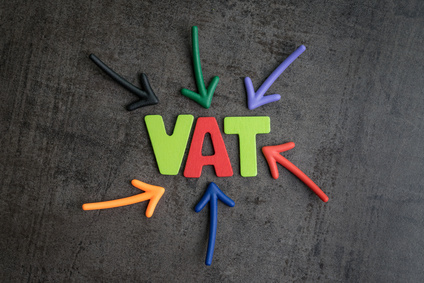- Hits: 3817
Switching To and From Small Entrepreneurship for VAT
Small business, i.e. those with a turnover of up to €17,500 in the previous year and not more than € 50,000 in the current year are not required to pay VAT. But what happens if your turnover fluctuates around these values? The Federal Tax court, BFH, passed its judgment solving this problem on October 18, 2007 (re: V B 164/06, published on January 3, 2008.

Dmitry ran his business in the years 2001 – 2003. His gross turnover for 2001 was € 0, for 2002 € 42,340, and 2003 € 8,700. He did not collect any value added tax with his bills. His tax office did not bill any VAT for the years 2001 and 2002 because he did not pass the thresholds. For the year 2003, Dmitry presumed that he still remained a small entrepreneur and that he was not to add VAT to his bills because he had not passed the threshold of € 17,500 (§19 I 1 UStG). His tax office had a differing opinion since he passed this threshold in 2002, therefore Dmitry was supposed to bill this tax. Therefore the Finanzamt assessed him with € 1,200.
Hint:
Related Articles:
When is VAT due and when input tax, if only an invoice exists?
